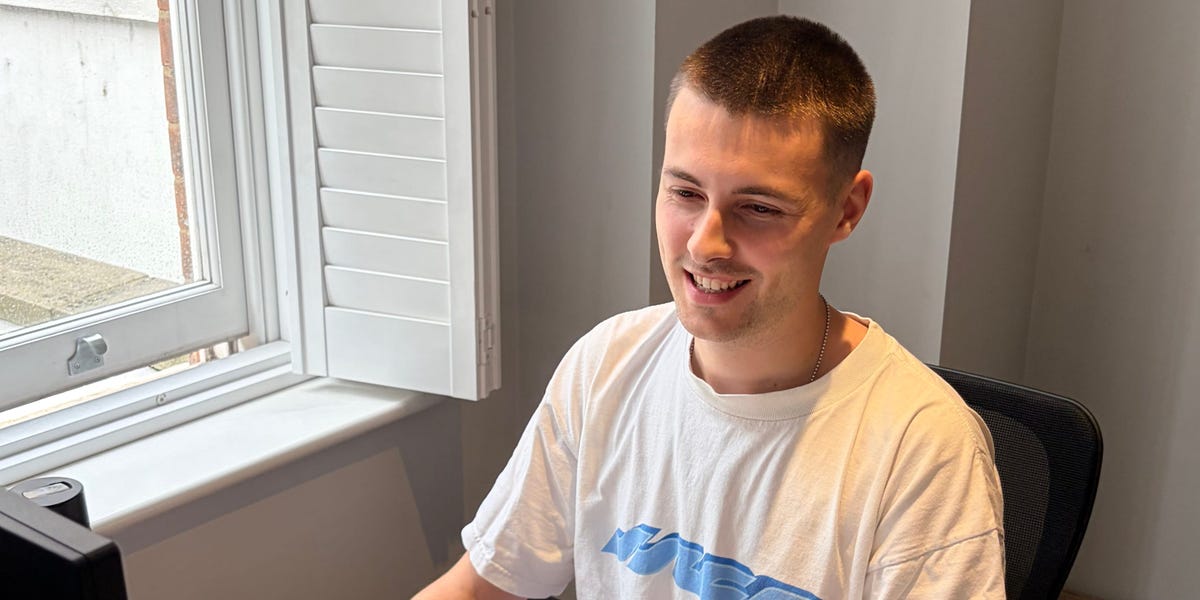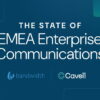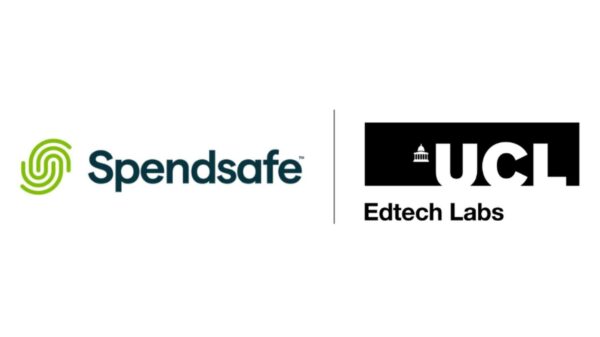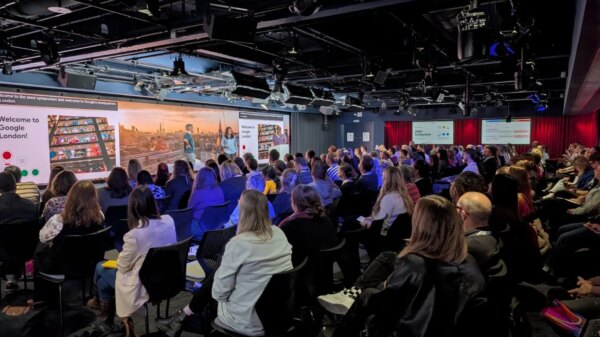Finding a career in the artificial intelligence (AI) sector can often feel like a daunting task. Traditional job-seeking methods—submitting generic applications and cover letters—might not yield the desired results. However, for Felix Wallis, a 23-year-old research engineer from London, a more personalized strategy proved effective. His approach involved directly engaging with companies he admired by either enhancing their tools or networking with key personnel.
Wallis’s proactive strategy culminated in securing an internship while he was still a student, ultimately leading to his current role at Artificial Societies, an AI startup, right after completing his postgraduate degree.
Early Coding Adventures
Wallis’s journey into coding began at the age of 10, inspired by a Christmas gift—a Raspberry Pi loaded with Python. With his parents discouraging video games, he opted instead to create his own. Initially working on small Python projects, he shifted his focus to machine learning, motivated by practical challenges such as efficiently sharing notes with classmates.
The AI Hype is Justified
During his time at high school in London, Wallis was torn between interests in mathematics and politics, with vague aspirations of finance. His perspective changed when he discovered a unique undergraduate program at University College London that combined social and data sciences. Starting his studies in 2021, he eagerly pursued multiple internships in tech and AI. “Every day, I was seeing new use cases emerging, and it seemed like an exciting time for young people to be part of what felt like a dot-com-era-style boom,” Wallis shared.
One pivotal experience was with a company called CoLoop, which utilized AI to synthesize research materials into PDFs. Struggling to keep up with academic readings, Wallis found their summarization tool helpful. When CoLoop made an interface change he disliked, he took the initiative to improve it by coding a fix and sharing it on GitHub. This act caught the attention of CoLoop’s founder, leading to a summer internship that showcased his genuine interest in the product.
During his time at CoLoop, Wallis collaborated with fellow intern James He from the University of Cambridge. Together, they co-authored a paper published in the British Journal of Psychology in 2023, exploring whether groups of AI chatbots could mimic collective human behavior. This concept eventually inspired the foundation of Artificial Societies in 2024, co-founded by He.
Transitioning to Artificial Societies
After starting a master’s program in social data science at the University of Oxford, Wallis honed his skills in natural language processing and quantitative text analysis. He meticulously crafted his application for the program, focusing solely on this path. Throughout his studies, he maintained contact with He, and after graduating, was invited for a trial at Artificial Societies. He planned to seek roles at other startups or larger firms like Mistral and Anthropic if things didn’t work out.
Fortunately, Wallis joined Artificial Societies in September as a research engineer. In this role, he is involved in building AI models, developing supportive infrastructure, and running simulations.
Valuable Advice for Aspiring AI Professionals
Wallis advises upcoming graduates to focus on startups that resonate with them personally. While many aspire to work at major firms like OpenAI or Google, he believes that demonstrating genuine enthusiasm for specific startups can be more impactful. “You can show that enthusiasm by proposing a new feature, building a small tool for their product, or simply engaging with their user community,” he suggests. This approach can lead to internships and valuable connections, even if they don’t immediately result in full-time roles.
“You can’t fake interest or passion,” Wallis emphasizes, asserting that enthusiasm is the key to successful hiring in the competitive AI landscape.
 AI-Enabled Fraud Surges 1,200% in Mexico as Governance Struggles to Keep Up
AI-Enabled Fraud Surges 1,200% in Mexico as Governance Struggles to Keep Up Telstra Advances Network as a Product Strategy with New AI-Driven APIs for Developers
Telstra Advances Network as a Product Strategy with New AI-Driven APIs for Developers Stocks Plunge 2% Amid AI Skepticism and Fed Rate Concerns; Bitcoin DropsStocks Plunge 2% Amid AI Skepticism and Fed Rate Jitters; Bitcoin Sinks Below $87K
Stocks Plunge 2% Amid AI Skepticism and Fed Rate Concerns; Bitcoin DropsStocks Plunge 2% Amid AI Skepticism and Fed Rate Jitters; Bitcoin Sinks Below $87K Baidu’s Price Target Rises to $147 Amid Strong AI Growth and Business Optimism
Baidu’s Price Target Rises to $147 Amid Strong AI Growth and Business Optimism Foxconn Partners with OpenAI to Develop AI Hardware for Data Centers Amid Demand Surge
Foxconn Partners with OpenAI to Develop AI Hardware for Data Centers Amid Demand Surge

































































